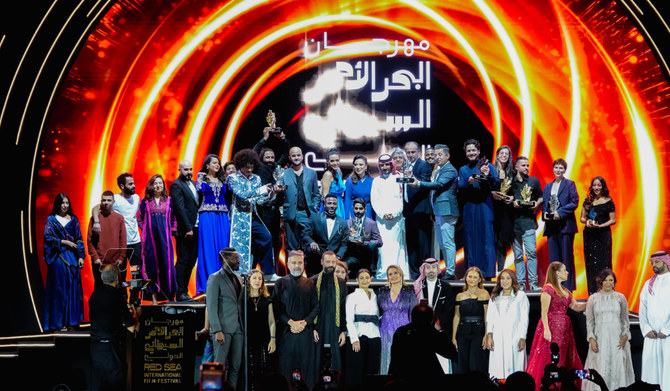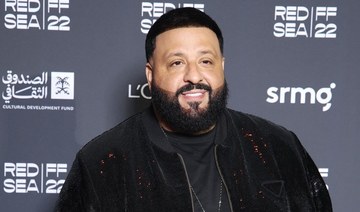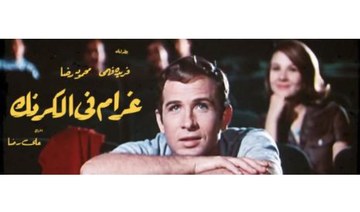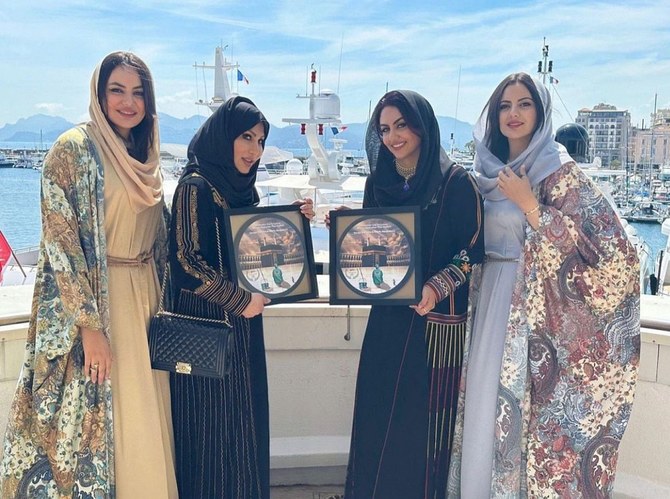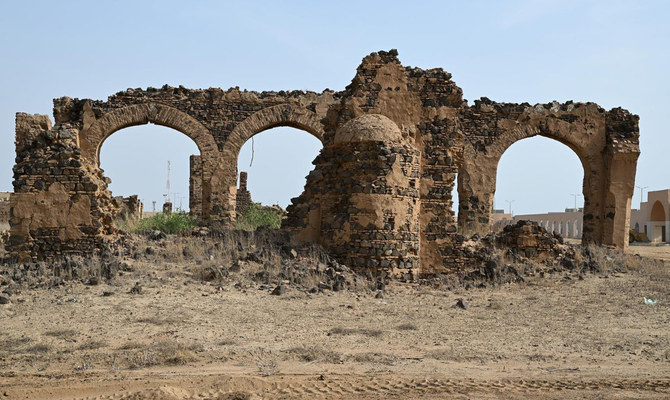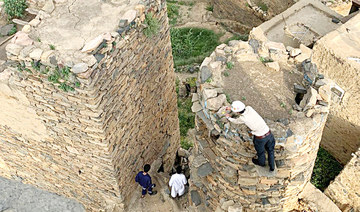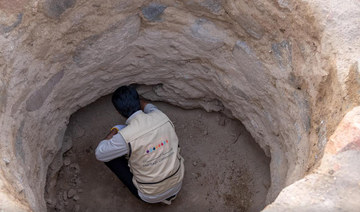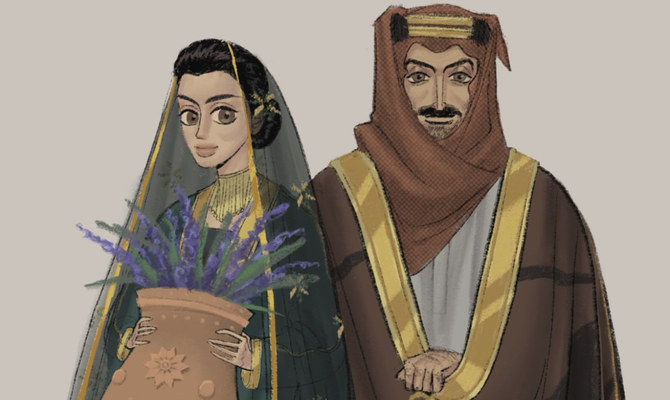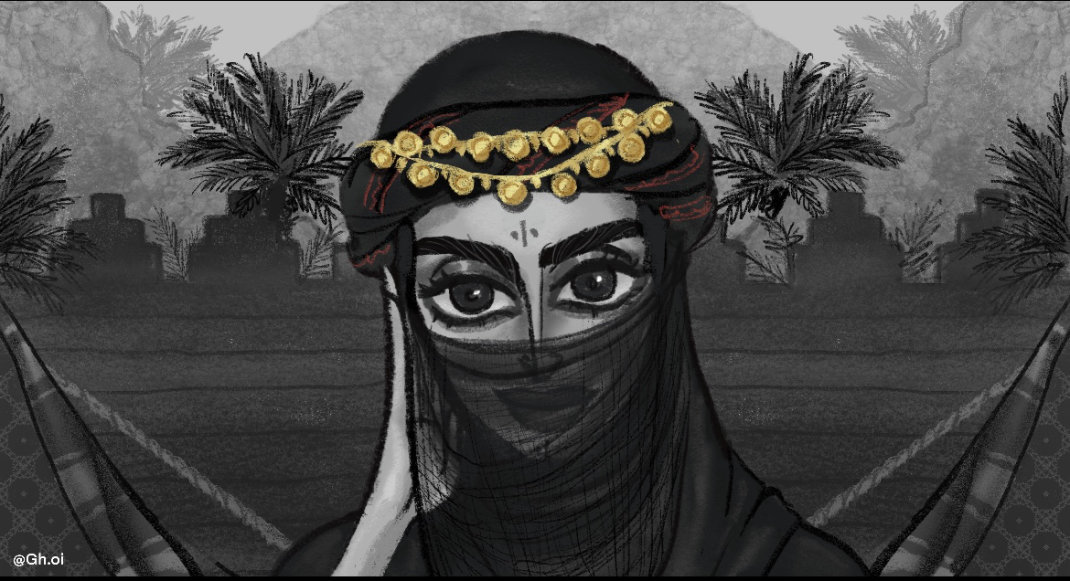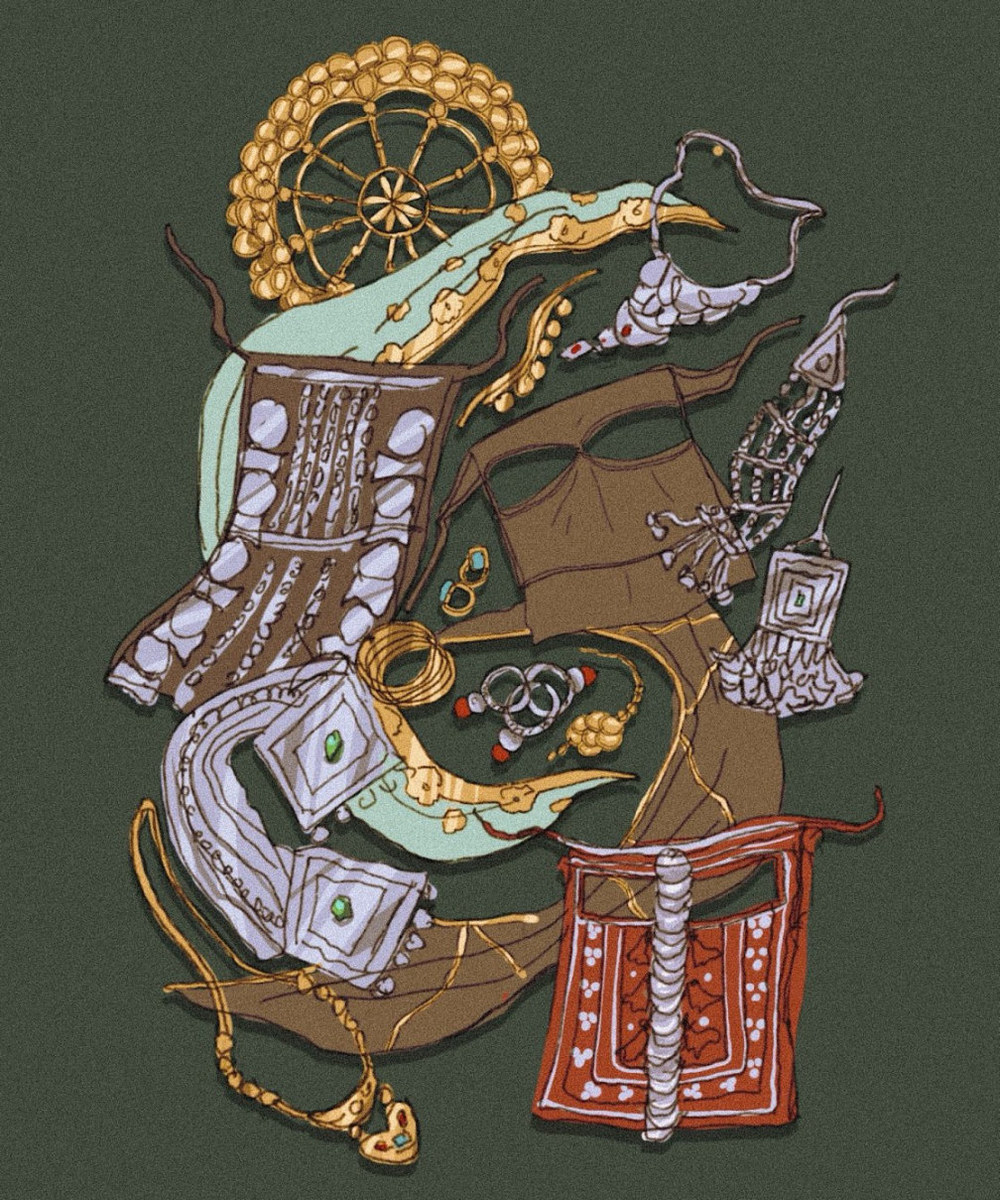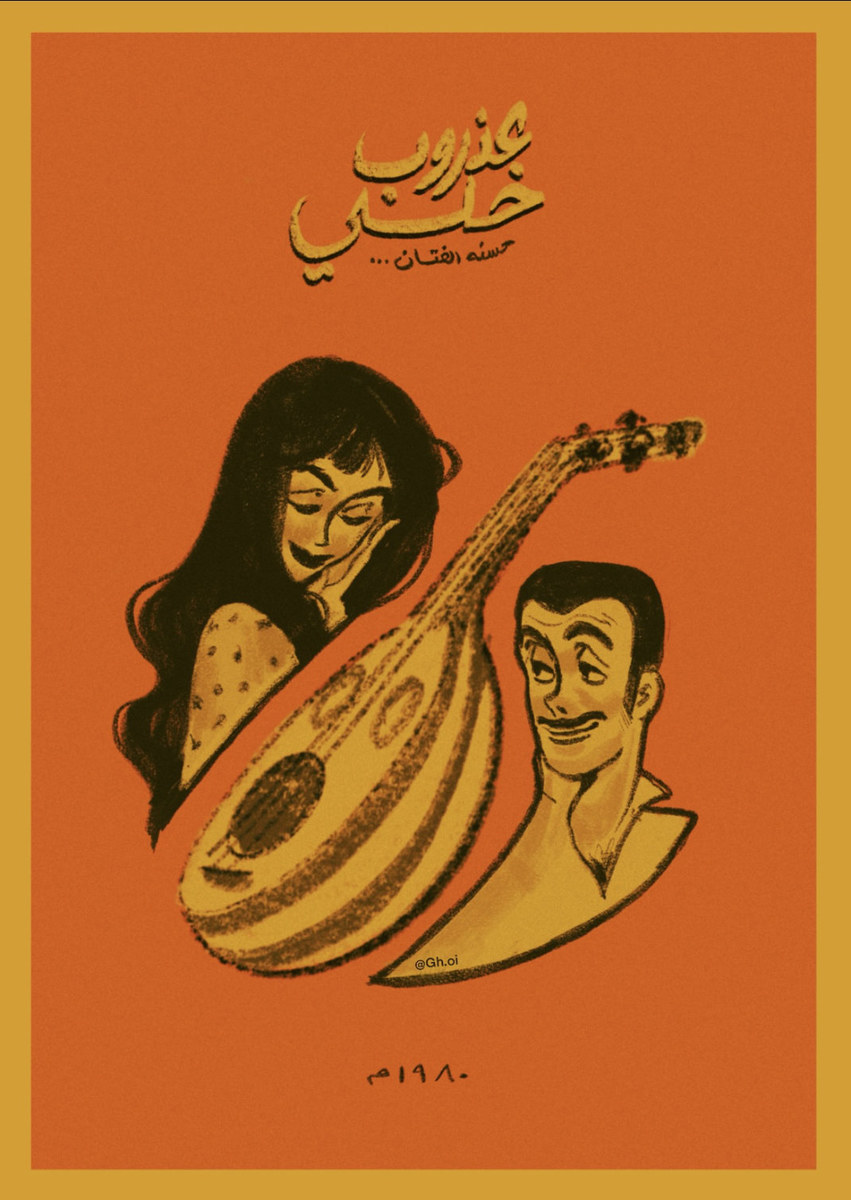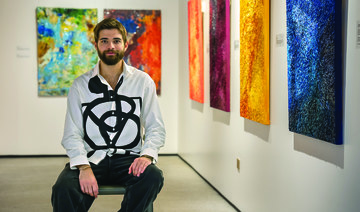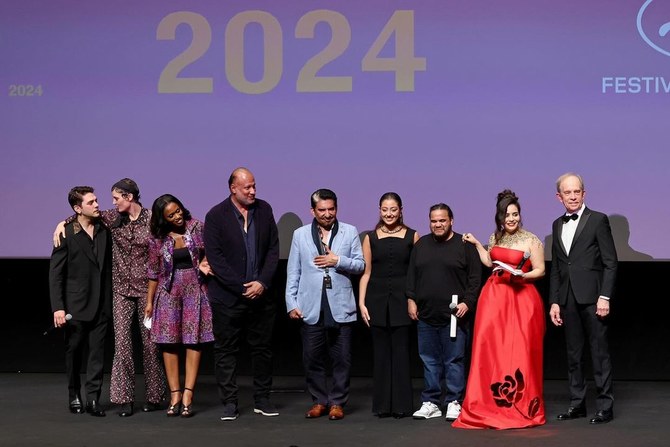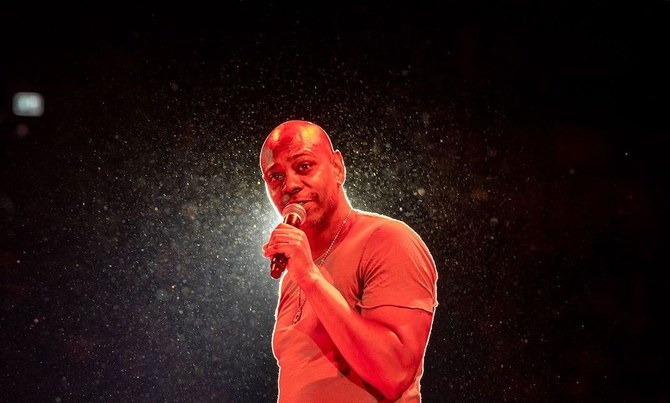JEDDAH: Dec. 8 marked the closing ceremony of Red Sea International Film Festival round two, which celebrated storytellers and participants in the festival competitions who stepped out of their comfort zone to share their stories with the world.
Spanish actor Antonio Banderas, supermodel Naomi Campbell, Indian actor Hrithik Roshan, DJ Khaled, former heavyweight boxing champion Mike Tyson, and Hong Kong actor and filmmaker Jackie Chan were among famous faces to appear on the red carpet.
Chan, who is known for his acrobatic fighting style, said that the ceremony night coincided with his 60th year in the film industry.

Jumana Al-Rashed CEO of SRMG left, Antonio Banderas the Spanish legend middle, and, Mohammed Al-Turki CEO of the Red Sea International Film Festival during the festival's closing ceremony. (AN photo by Huda Bashatah)
“I want to thank the RSIFF for this — it is where I can see so many good friends and new friends. Also, this year marks my 60 years in the film business, and I want to share this to the friends around the world,” he said.
Winner of the young rising star award was Jeddah-born Saudi actress Sarah Taibah, 33.
Taibah said: “I didn't know that I would be nominated, thank you Red Sea Film Festival. I feel amazing and grateful for being honored in my country and city.”

A Saudi film wins the Red Sea International Film Festival's second round. (AN photo by Huda Bashatah)
Saudi-Kuwaiti production “How I Got There,” an action drama by Zeyad Al-Husaini, won the Film AlUla audience award for best Saudi film.
Hamza Jamjoom, a Saudi filmmaker and producer of the winning film, accepted the award on behalf of Al-Husaini.
Film AlUla audience award for best film went to a Singapore-South Korean production “Ajoomma,” directed by He Shuming.

The ceremony concluded with a live performance by Lebanese singer Nancy Ajram. (AN photo by Huda Bashatah)
Meanwhile, Red Sea Virtual Reality features a selection of the latest leading VR storytelling and art projects from award-winning international artists and directors.
The strand was adjudicated by London-based Egyptian documentary filmmaker May Abdalla, Bangladeshi artist Naima Karim and Tribeca Film Festivals Immersive Curator Ana Brzezinska
Brzezinska said: “It has been a real honor to be here at the Red Sea Film Festival to judge the virtual reality election. It is a really amazing moment for this medium with an explosive approach to creative ideas. From the sprint of many projects, it was a real challenge to pick just two.”
The Silver Yusr for Red Sea virtual reality went to “Eurydice” by Celine Daemen, while the winner of the Gold Yusr for Red Sea Virtual Reality was “From the Main Square,” a German film by Pedro Harres.
The Red Sea short competition was judged by filmmaker Joana Hadjithomas, Saudi writer and director Shahad Ameen, and Nigerian actor Ozzy Agu.
The jury gave two awards to the Mongolian and French drama “Snow in September” by Lkhagvadulam Purev-Ochir.
The Silver Yusr for short film went to “Will My Parents Come to See Me,” by Somalian director Muhamed Bashiir Harawe. The Golden Yusr for Short Film went to “On My Father’s Grave,” a Moroccan and French film by Jawahine Zentar.
The Red Sea competition was headed by Oliver Stone, president of this year's jury.
The Silver Yusr for best cinematic achievement went to “Hanging Gardens,” a production of Iraq, Palestine, Egypt, the UK, and Saudi Arabia.
The Silver Yusr award for best actor went to Adam Bessa. The Silver Yusr for best actress went to Adila Bendimarad.
The best screen award was won by “ Childless Village,” by Reza Jamali from Iran.
The Res Sea competition jury prize went to “Within Sand,” a Saudi feature film telling the story of a young man making his way through the desert with the help of a wolf.
“The film is based on actual events that happened in Saudi in early 1900. There is a responsivity to reflect the Saudi culture in the most appropriate way,” director Mohammed Alatawi told Arab News.
The Silver Yusr award for best director went to Lotfy Nathan for his film “Harka.”
The Golden Yusr for the best feature film went to “Hanging Gardens,” by Ahmed Yassin Al-Daradji.
The festival’s third edition will be held next year in Saudi Arabia. The ceremony concluded with a live performance by Lebanese singer Nancy Ajram.
Though RSIFF festivities and sessions have come to an end, visitors can still enjoy their weekend watching movies from the festival and meeting red-carpet stars.








